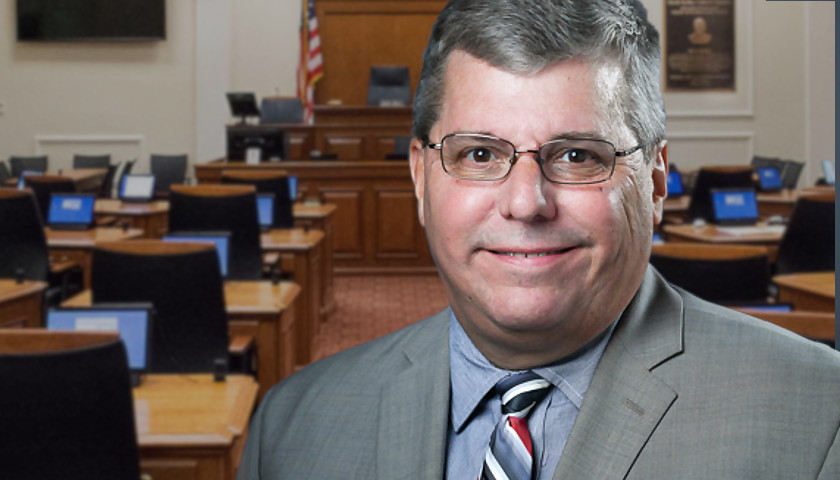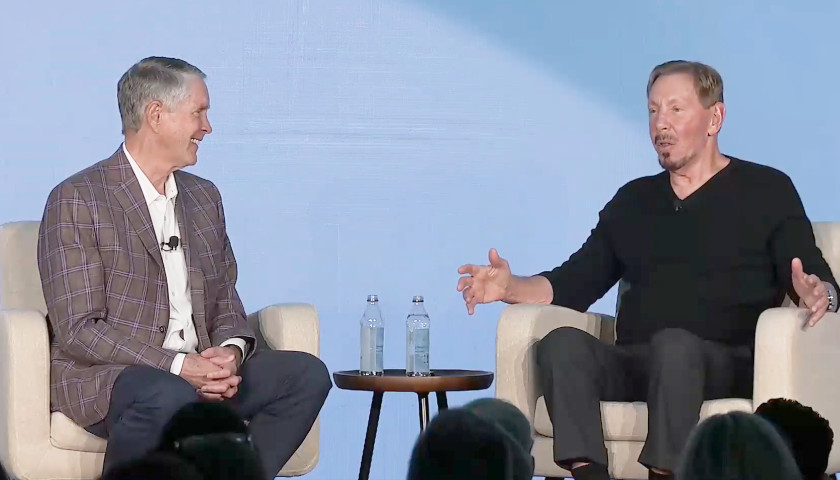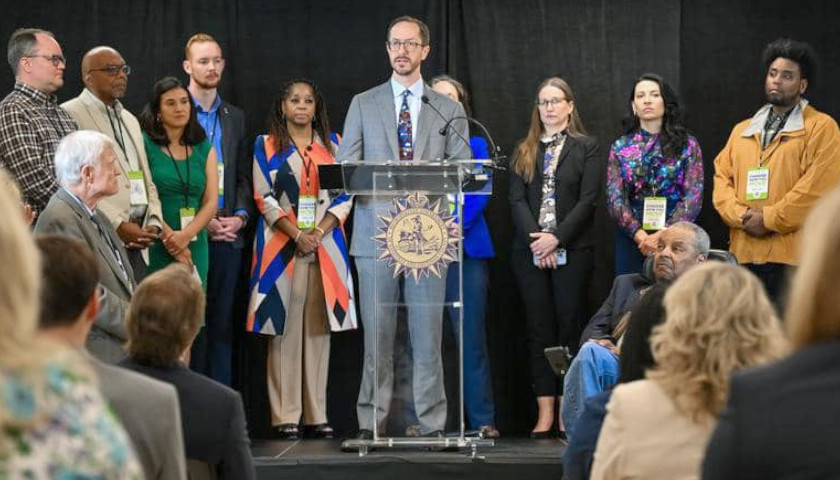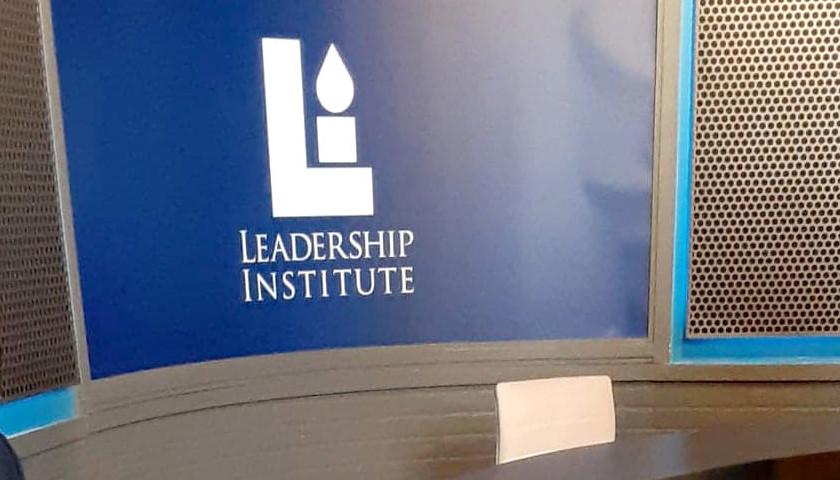Nashville business owners who have either had to shut down their businesses or limit capacity because of the coronavirus emergency, per city orders, might soon have a way to help their employees.
But it’s just a proposal at this point.
Nashville Metro At-Large Council member Steve Glover told The Tennessee Star Tuesday that he has filed a late resolution to use liquor tax funds to help struggling businesses.
“It would ask the state to forego collecting the liquor tax in these restaurants, and still have the tax collected, but let the restaurant owners and the bar owners utilize that money to pay for these people who live on tips. Based on the owners that I spoke with, it sounds like that could be pretty sufficient where they could actually cover them and pay them for maybe even two months,” Glover said, adding he planned to introduce the resolution at Tuesday night’s scheduled meeting.
Glover said Tuesday morning that he did not know if his resolution would make it to the floor.
“But I’m still going to continue. I have been talking to some of the people at the state about it to determine if this is something that we could feasibly do. The last thing that we really want to do is create an unemployment situation in any part of the state, through no fault of anyone. So it’s a challenging time,” Glover said.
“It is something that none of us have ever experienced that I am aware of. I certainly have not. I am just looking for rational decisions that can sustain people’s lives. I don’t think we can stop rent payments, mortgage payments, utility payments, and all of these other monthly recurring fees that are payments people have to make. I don’t think we have the authority to stop any of those. With that, I think we have to figure out how do we help these people continue to get an income and survive?”
As The Star reported Tuesday, members of Nashville Democratic Mayor John Cooper’s office could not say if they could offer tax relief to these struggling business owners. They said a maze of government rules complicate matters.
On Sunday members of the Metropolitan Board of Health of Nashville and Davidson County declared a public health emergency that forced business owners to either close their doors or limit capacity, according to the city’s website.
At a press conference Monday, Cooper said he’s “keenly aware that business owners and employees will face hardships.” Cooper also said “my administration is focused on trying to provide relief for everyone who is impacted by the coronavirus in all the different ways.”
Cooper did not elaborate.
Cooper spokesman Chris Strong told The Tennessee Star Monday that tax relief “is very restrictive,” but that the mayor and his staff are seeking ways to help affected business owners.
Nashville Metro At-Large Council member Burkley Allen said Monday that the authority for property tax comes from the state. Metro, she said, can’t waive that tax for any private entity without going through a complicated maneuver to turn ownership of the property over to the Metropolitan Development and Housing Authority.
“Sales tax from that area is likewise designated by the Metro Charter to go toward paying back the convention center bond, and ‘tourism related activities,’” Allen said in an email.
“We may be able to designate preservation of downtown bars as a tourism related activity and provide some refund through that mechanism.”
Allen said Tuesday that she did not know enough about Glover’s proposal to comment.
According to the city’s website, per the public health emergency declaration, bars on Lower Broadway and throughout Davidson County must close until further notice. Restaurants, meanwhile, must limit their regular maximum seating to under 50 percent of capacity, capped at no more than 100 individuals allowed. Restaurant owners must also limit their bar service to 50 percent of capacity with no standing allowed.
Glover said he wants employees at struggling businesses “to continue their life as normal as possible.”
“I think the most important thing for all of us to remember is none of us individually created this, but, individually and collectively, we have to make sure we take care of one another,” Glover said.
– – –
Chris Butler is an investigative journalist at The Tennessee Star. Follow Chris on Facebook. Email tips to [email protected].
Background Photo “Metro Nashville City Council Meeting Hall” by Metro Nashville.








